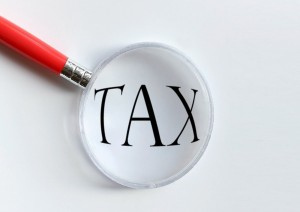A First Tier Tribunal heard an appeal in relation to default surcharges in relation to VAT Default Surcharges. Firstly the case would discuss whether a change of payment terms by a main customer was a reasonable excuse and secondly whether a shortage of funds was reasonably unavoidable and foreseeable.
Background: Default Surcharges
DM Specialist Joinery Ltd submitted an appeal against two default surcharges. Both of these occurred in 2015, in February and May respectively. The appellant had submitted the necessary VAT returns and made payment of the VAT electronically. VAT was accounted for using cash accounting.
The business was a specialist in joinery installation and they were major sub-contractors in construction projects. Consequently it was very reliant upon its main contractors. Within each construction project, a project Management Company called Tusk Plant and Civil Engineering Ltd (Tusk) was an ???agent??? of the primary contractor. The appellant therefore did not have a direct contract with the end contractor, Scottish and Southern Energy PLC (SSE). Rather, they had a contract with a project management company involved in the project.
The Tax Tribunal considered whether the appellant provided a reasonable excuse in line with the VAT Act 1994 for the late payment of VAT.
In March 2015, SSE changed its payment terms with Tusk, increasing it from 14 days to 28. Consequently, Tusk amended the existing arrangements with the appellant. Rather than submitting valuations every 14 days for the purpose of invoicing, this was moved to 28 days. At the time, approximately 92% of the appellant???s business was conducted with Tusk.
By May 2015 serious issues arose with the appellant???s cash flow. The Managing Director of the appellant understood that the appellant may not be able to meet their VAT payment for May 2015. As a result a time to pay arrangement was requested in writing to the HMRC. The Tribunal upheld the default surcharge for February 2015.
In respect of the default for May 2015, the HMRC argued that a time to pay agreement was not requested. The Tribunal therefore applied a two stage test; the first element was to determine whether the shortage of funds could be foreseen and the second element was to decide if the shortage of funds was foreseeable was it avoidable.
As a result it was concluded that the surcharge in relation to VAT for the period May 2015 was discharged.
This post was posted in: Tax Fraud Investigation, VAT Investigation and Inspection | Be the first to comment


